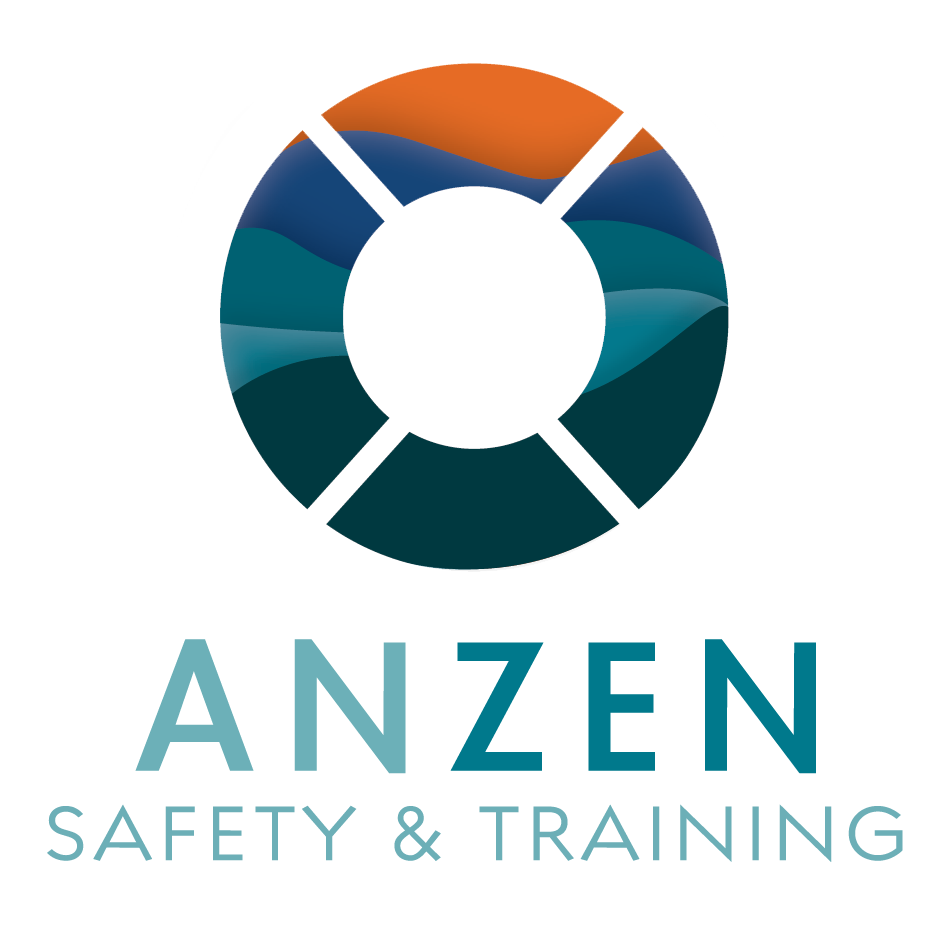Marquis Bathroom Products
Proactive WHS Strategy
Marquis took early action in response to changing legislation, ensuring full compliance and reducing risk across their operations.
Tailored, Ongoing Support
Through a retained partnership with Anzen, Marquis implemented customised safety systems, leadership development, and ongoing team training.
Industry-Leading Safety Culture
With zero non-conformities and a confident, engaged workforce, Marquis now stands out as a WHS leader in the manufacturing sector.
Overview
With over 45 years in operation, Marquis Bathroom Products is a respected name in the Australian manufacturing and construction sector. Based in Taylors Beach, Port Stephens NSW and servicing clients nationwide, this family-owned business is renowned for its high-quality bathroom vanities, cutting-edge design, and manufacturing technology. Their products have even been featured on Channel 9’s The Block, a testament to their design leadership. With a single factory and a dedicated team of 30 employees, Marquis has a strong regional presence and a reputation to match.
As their business continued to grow, so too did the need for ensuring that their workplace health and safety (WHS) practices kept pace - not just meeting compliance standards, but setting the benchmark in their industry.
The Challenge
A significant legislative update to WHS laws in New South Wales prompted Marquis to take stock of their existing systems. While they had a solid foundation such as documented policies, safety procedures, and some training, the business recognised that there were knowledge gaps among shop floor leaders and staff. There was also a shared concern about consistency in safety practices and the risk of injury if systems were not implemented uniformly across teams.
Rather than waiting for issues to arise, Marquis took a proactive step. They reached out to Anzen Safety & Training with a simple but critical goal: ensure their systems were not only compliant with the new legislation, but truly effective in creating a safe, high-performing workplace.
The Anzen Approach
Our engagement with Marquis began with a site visit and a comprehensive review of their current safety status using Anzen’s proprietary Sustainable Safety Index. This gave Marquis a clear picture of what was working well, what required immediate attention, and how to prioritise their efforts.
To provide comprehensive support, Marquis joined Anzen’s retained partner program. This allowed us to take a hands-on role in updating their safety documentation, conducting training, leading toolbox talks, and developing leadership capabilities in WHS. We tailored every deliverable to Marquis’s specific operational environment, balancing regulatory needs with practical on-the-ground realities.
Over time, our support expanded to include:
Communication and consultation frameworks
Health monitoring processes
Emergency and risk management planning
Leadership development through the Leading for Safety and SafeToday programs
Our regular engagement includes monthly reviews, toolbox talk participation, management meeting attendance, and proactive reporting, all designed to embed WHS into the company culture.
The Outcome
The results speak for themselves. Marquis has become a recognised leader in workplace health and safety within their sector. By working with Anzen, they have confidently met all regulatory and industry standards and most notably, achieved zero non-conformities.
With the implementation of systems such as the Safe365 safety management platform, WHS is now a core pillar of the business. The cultural shift is also evident: from the boardroom to the shop floor, staff have embraced a shared responsibility for safety. Programs like Leading for Safety have transformed attitudes, empowering employees to see safety as a personal and team priority.
Why It Matters
The partnership between Anzen and Marquis demonstrates that exceptional safety outcomes don’t require a full-time WHS hire. By leveraging Anzen’s expertise, Marquis has maintained an industry-leading approach at a fraction of the cost. They’ve seen not just compliance benefits, but also stronger engagement, fewer risks, and tangible savings on insurance and wage costs.
For other manufacturers or regional businesses unsure of how to scale their WHS efforts, this case offers a clear model. With the right support, practical tools, and a tailored approach, safety can become a competitive advantage, not just a checkbox.
